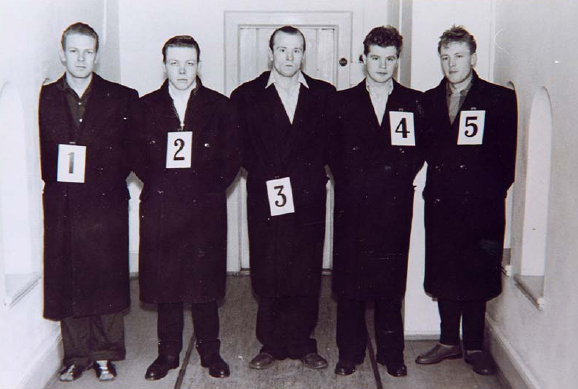- 3-minute read
- 28th September 2017
Word Choice: Principal vs. Principle
They look similar written down and sound the same when spoken, so it’s no surprise that some people get ‘principal’ and ‘principle’ mixed up. However, these words have very different definitions, so it’s important to know what they mean when using them in your work.
Principal (Most Important)
The word ‘principal’ can be either an adjective or a noun. As an adjective, it is used to describe something as being the first or most important of its type:
My principal reason for not going in the sea is that I cannot swim.
As a noun, a ‘principal’ is usually the most important person in a group, such as leader of an organisation or the head teacher at a school:
As your new principal, I vow to crack down on bullying.
‘Principal’ also has a bunch of technical definitions. In law, for example, the ‘principal’ is the person directly responsible for a crime (as compared to an accessory, who assists a criminal).

But these technical uses of ‘principal’ are quite specific, so you shouldn’t need them in everyday situations.
Principle (A Law or Belief)
‘Principle’, meanwhile, is always a noun. Its basic meaning is ‘a fundamental truth or ideal’, usually one that informs how we think or act more generally:
Empowering ordinary people is a basic democratic principle.
Sometimes, a ‘principle’ of this kind is placed in opposition to real-life circumstances:
Find this useful?
Subscribe to our newsletter and get writing tips from our editors straight to your inbox.
I’m against war in principle, but it’s a good thing we fought against the Nazis in World War II.
A slightly different use of ‘principle’ is to refer to a scientific law that has a wide application:
The principles of modern physics suggest that time travel is impossible.
In all cases, though, a ‘principle’ is always a fundamental law or belief of some kind.

(Image: aussiegall/wikimedia)
Principal or Principle?
Since ‘principle’ is always a noun, if you are looking for a word that can be used as an adjective (i.e. a term that modifies a noun), it will always be ‘principal’ you need.
Things get a bit trickier when comparing the noun forms of these words. However, since a ‘principal’ is usually a person (e.g. a head teacher), while a ‘principle’ is a law or belief, you should be able to tell these terms apart from the context. Remember:
Principal = Most important (adjective) or head/leader (noun)
Principle = Rule or law (noun)